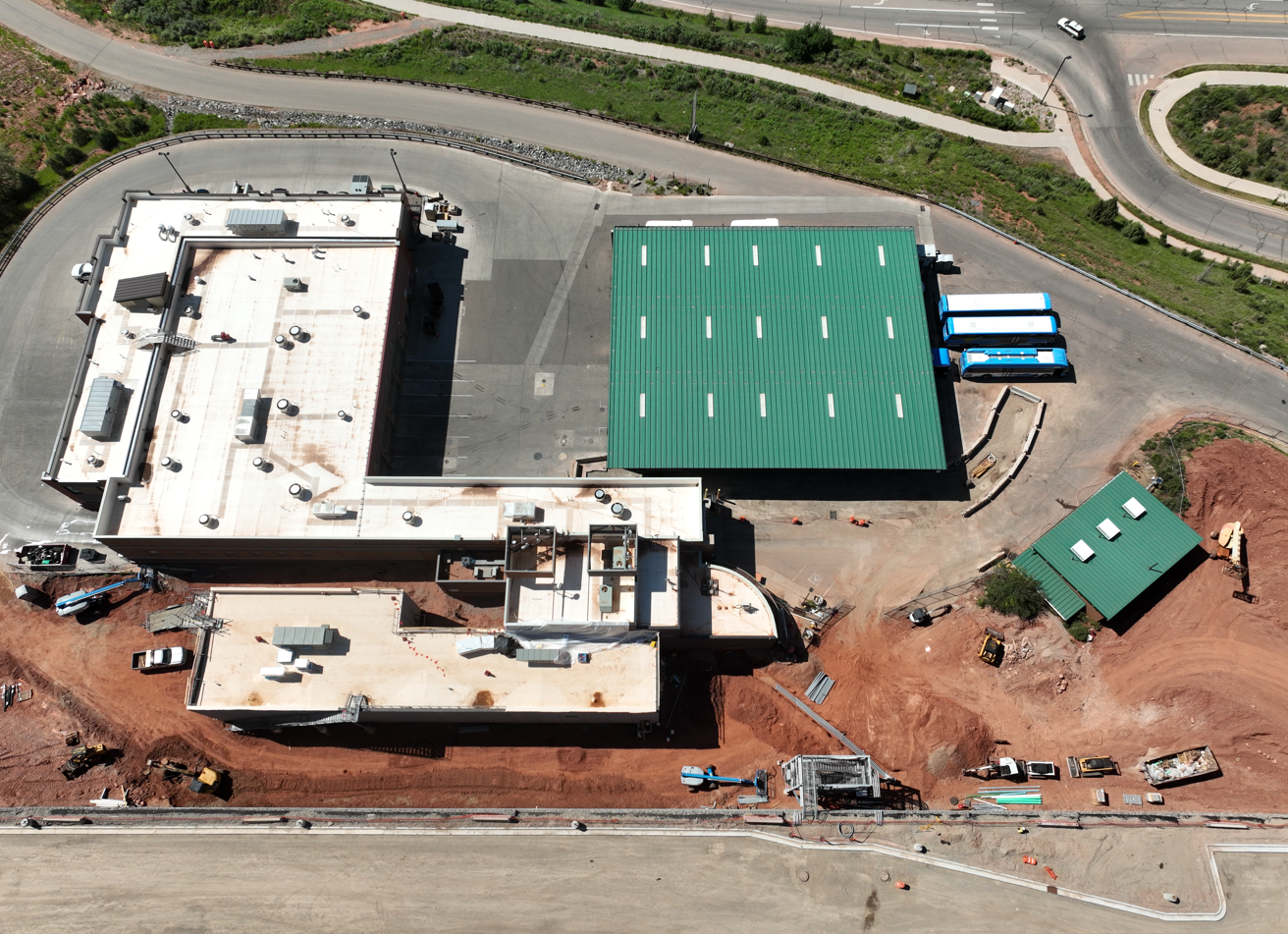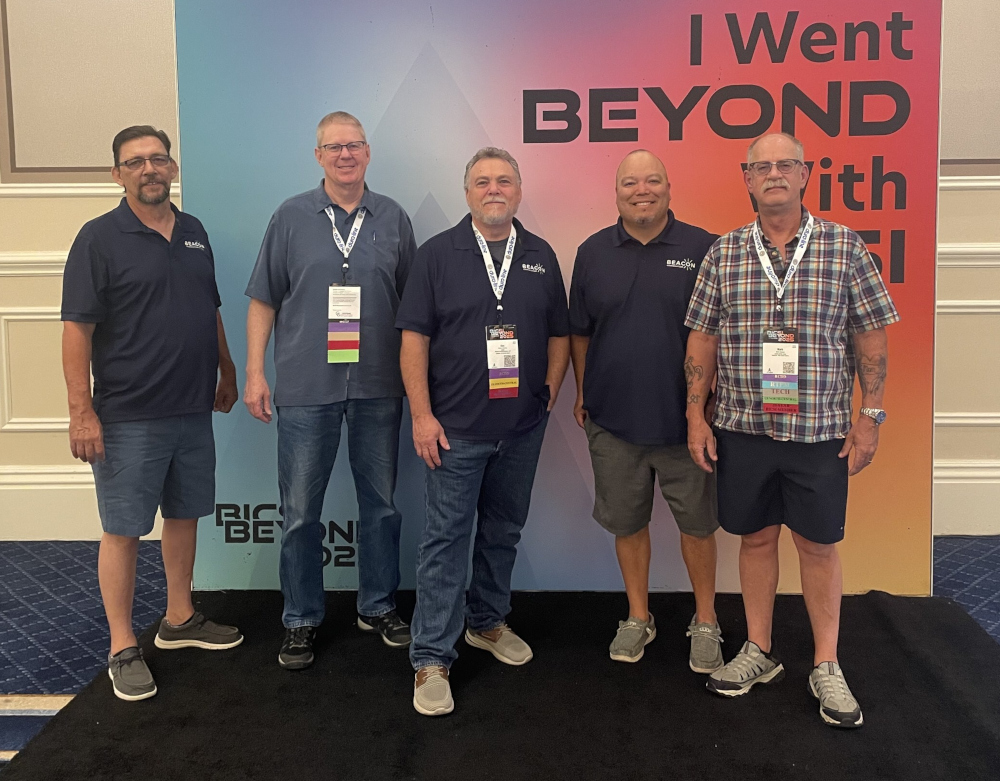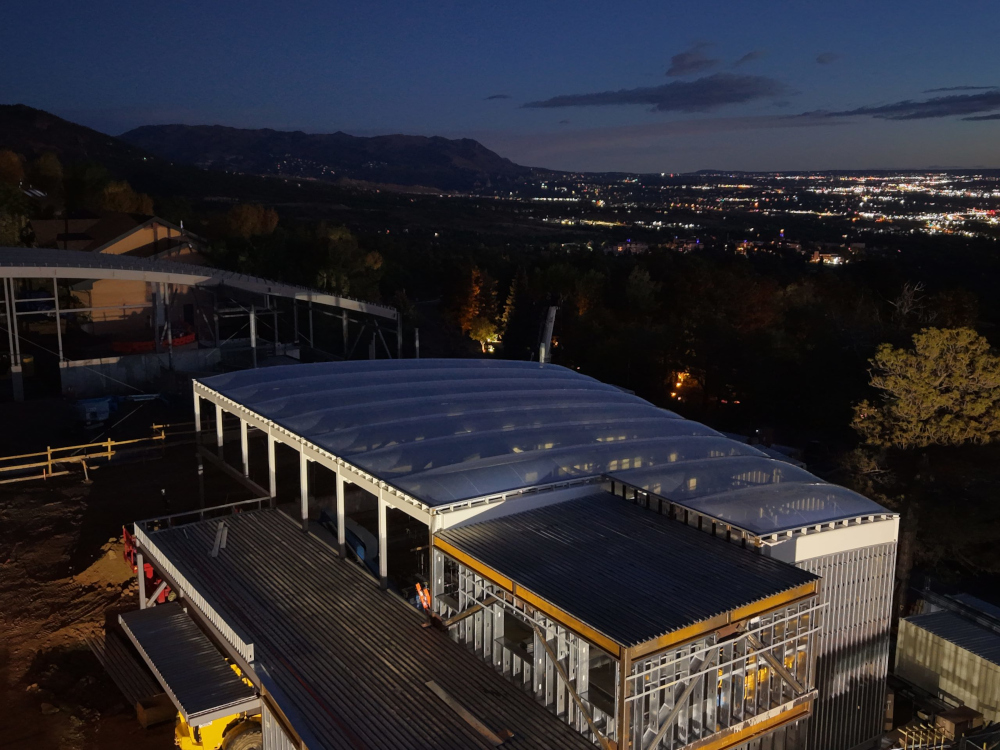
Encore Electric has partnered with the Roaring Fork Transportation Authority (RFTA) to expand the regional transit center in Glenwood Springs, Colo. The Glenwood Springs Maintenance Facility (GMF) serves as a crucial transportation hub for nearby mountain towns, including Aspen, Basalt, Eagle County and Carbondale.
This $42 million project was initiated to enhance public transportation services, address operational deficiencies, and facilitate the transition to zero-emission buses. Lakewood-based Encore Electric provided design-assist services and managed all electrical work for the facility expansion.
The expansion involved upgrading the original fueling and washing system to accommodate natural gas, diesel and hydrogen within a single indoor building. Additionally, a new Bus Barn, designed for environmentally friendly operations, was added to house up to 60 buses, including electric ones that can be stored during winter months.
Working in the mountainous terrain of western Colorado presented several challenges for Encore Electric, including freezing temperatures and difficult soil conditions. The most significant obstacle was a 45-foot hill that needed to be traversed to connect the existing RFTA building with the new Bus Barn. “Not only did we connect the buildings’ fire alarm and power systems, but we also had to interconnect all of that data,” said Encore Electric Project Manager Patrick Wirkus. “To connect the two buildings, they added a set of stairs that went all the way up the 45-foot hill. We got creative and used that stairway to run all of our conduit.”
About 70% of the conduit was installed underground. “We have four, four-inch conduits connecting to that stairwell. It’s actually pretty impressive,” said Doug Spada, Encore Electric assistant project manager.
The RFTA project also included the construction of a second-level operations facility, which features a dispatch suite, visitor reception area, driver’s room, office spaces and locker rooms. Encore Electric’s construction team handled the electrical work, while the Technology Solutions team managed low-voltage work, involving network and security systems, as well as AV cabling.
The project was also subject to the Federal Transit Authority (FTA) Buy America Act, requiring all iron, steel and manufactured goods to be sourced from within the United States. Despite extended lead times for materials post-COVID, the teams collaborated efficiently to complete the project.
The original GMF, built in 2002, was designed to store 34 buses, but ridership has since increased by 60%. The redesigned RFTA facility is expected to better serve the community and accommodate a projected 25% increase in ridership over the next 20 years.


